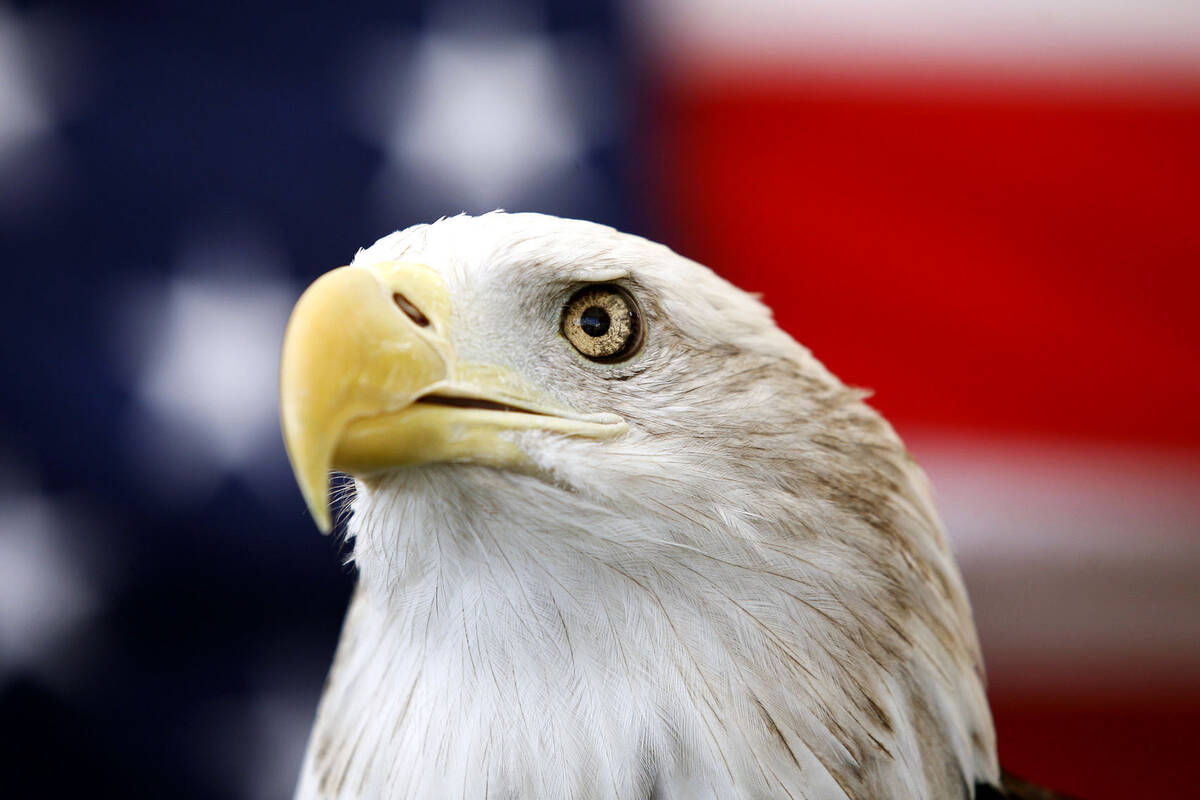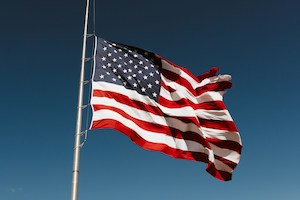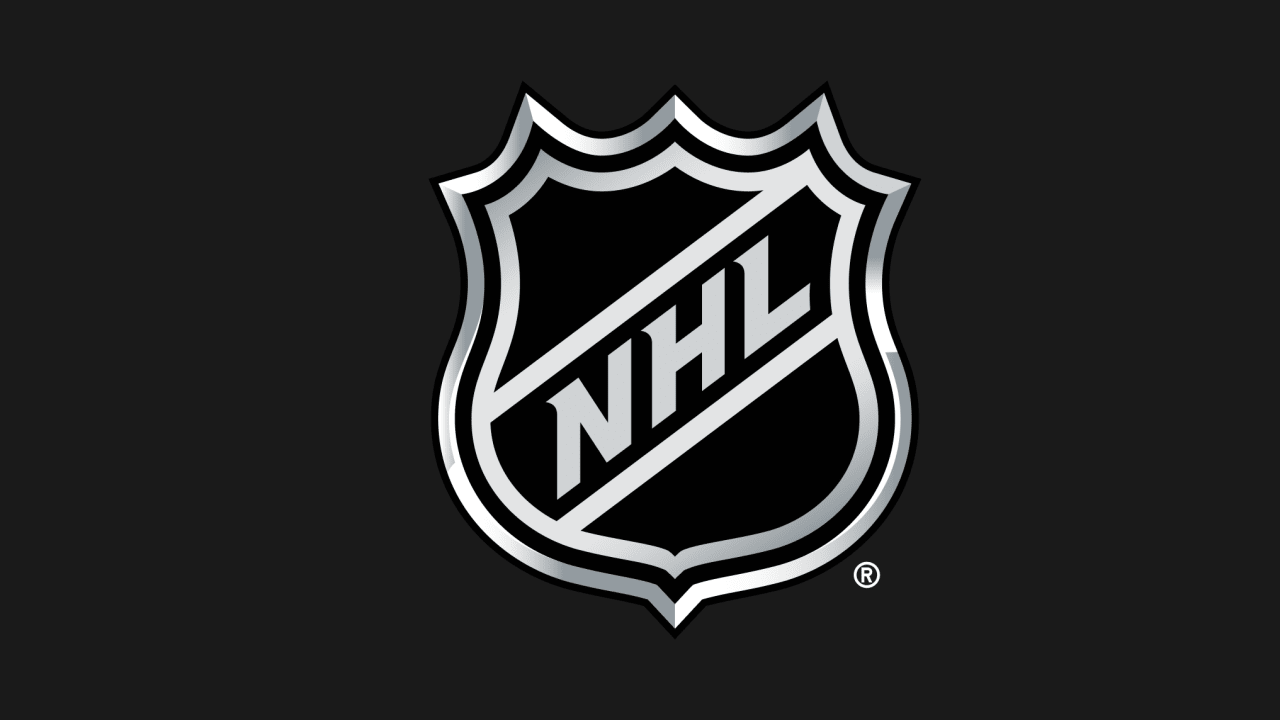Horoscope
TikTok asks US Supreme Court to block government ban

TikTok and its Chinese parent company asked the US Supreme Court to block a government ban set to take effect next month, invoking favorable comments about the popular social-media platform from President-elect Donald Trump.
Making a late push to keep operating in a market with more than 170 million users, TikTok and parent ByteDance Ltd. asked the court to put the law on hold by Jan. 6 as the justices consider whether to hear a company appeal. The measure would ban TikTok in the US if ByteDance doesn’t sell it.
Barring Supreme Court intervention, the ban will kick in Jan. 19, the day before Trump is inaugurated. But Trump’s stance could affect how the ban plays out in practice because the Justice Department is charged with enforcing the law and, as president, he would have power to approve any divestment proposal.
“There is a reasonable possibility that the new administration will pause enforcement of the act or otherwise seek to mitigate its most severe potential consequences,” TikTok argued.
“It would not be in the interest of anyone — not the parties, the public, or the courts — for the act’s ban on TikTok to take effect only for the new administration to halt its enforcement hours, days, or even weeks later,” the company said.
Trump said Monday he would consider reversing the hard-line approach he took toward the app when he was president in 2020.
‘Warm Spot’
“We’ll take a look at TikTok. You know, I have a warm spot in my heart for TikTok,” Trump said at press conference at Mar-a-Lago, attributing Republican gains with young voters to the platform. “TikTok had an impact, so we’re taking a look at it.”
The law doesn’t require people to remove their TikTok apps. It instead bars companies that support TikTok – including Oracle Corp., whose servers house the platform – from continuing to provide critical services.
TikTok contends Congress violated the Constitution’s First Amendment by singling out the company. The US Court of Appeals for the D.C. Circuit rejected that argument on a 3-0 vote, saying Congress was legitimately acting to protect national security and user privacy.
“The First Amendment exists to protect free speech in the United States,” Judge Douglas Ginsburg wrote for the panel. “Here the government acted solely to protect that freedom from a foreign adversary nation and to limit that adversary’s ability to gather data on people in the United States.”
The appeals court a week later refused to temporarily halt the law while the Supreme Court decides whether to intervene.
TikTok told the Supreme Court the law “will shutter one of America’s most popular speech platforms the day before a presidential inauguration.”
A group of content creators also asked the high court to put the new law on hold.
Lawmakers said the legislation was necessary to prevent China from using the app to obtain information on US citizens or spread propaganda. The US government didn’t offer evidence that China had used the app to influence US citizens or steal data as part of the case.
TikTok’s popularity has soared in recent years as a source of entertainment and information and a platform to build businesses. A Pew Research survey released in September showed about 17% of US adults regularly receive news from the app, representing a fivefold jump from 2020.
The Supreme Court cases are TikTok v. Garland, 24A587, and Firebaugh v. Garland, 24A588.










